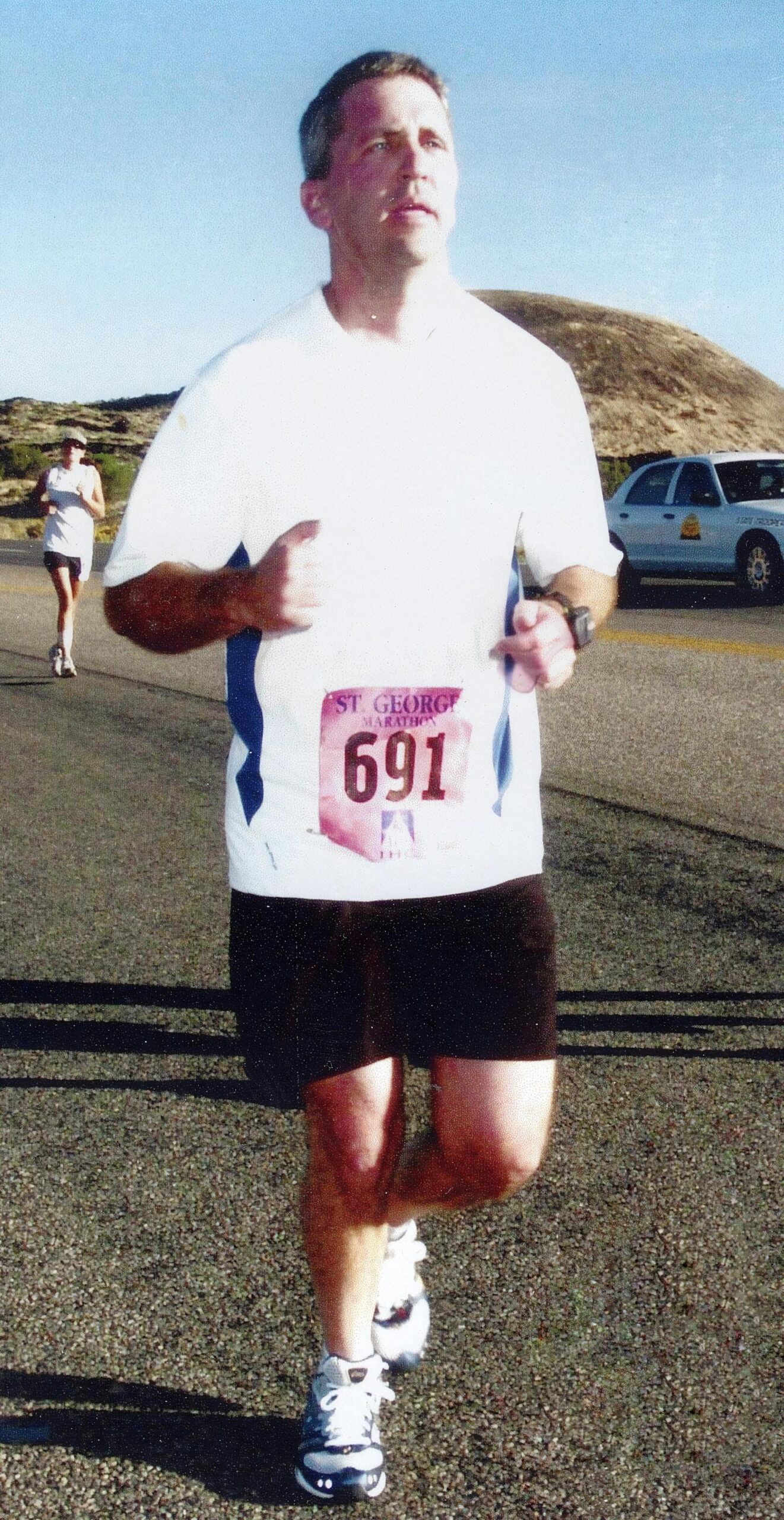MONTHLY GIVING
Join the On Your Mark Giving Society
“On Your Mark” is a tribute to Mark Clements, a lifelong athlete who took on the challenge of running his first marathon, the St. George Marathon in southern Utah. While training, Mark began experiencing persistent abdominal discomfort, which led to the discovery that he had cholangiocarcinoma. Despite completing the marathon, the pain continued, and Mark was diagnosed with this devastating cancer. Before his passing in 2007, Mark’s deepest wish was to ease the journey for others battling this disease, a vision that inspired the creation of the Cholangiocarcinoma Foundation.
Now, you can be part of Mark’s legacy by joining the On Your Mark Giving Society. Your monthly gift, set at an amount comfortable for you, will directly support groundbreaking research and critical patient programs.
Join the race to find a cure by becoming part of Mark’s legacy through the On Your Mark Giving Society. Your monthly gift, set at an amount comfortable for you, will fuel groundbreaking research and essential patient programs. Think of it this way—by giving just $10-$20 a month, you’re swapping a couple of cups of your favorite coffee for something even more powerful: hope.
As our thanks, we’ll send you a CCF travel mug, so you can take your coffee from home on the go—a little reminder that you’re fueling the journey to a cure, one cup at a time. It’s coffee for the cure, and every cup brings us closer to the finish line!
As an On Your Mark Giving Society member, you’ll be part of a passionate community dedicated to racing toward a cure. You’ll also enjoy special incentives and the satisfaction of knowing you’re making a lasting influence.
Ready to make a difference? Enroll today and start your journey with us.
